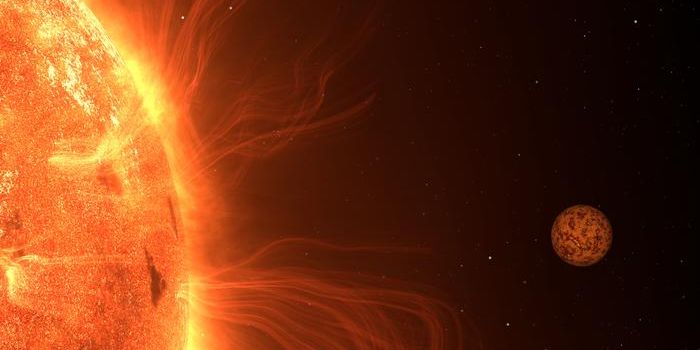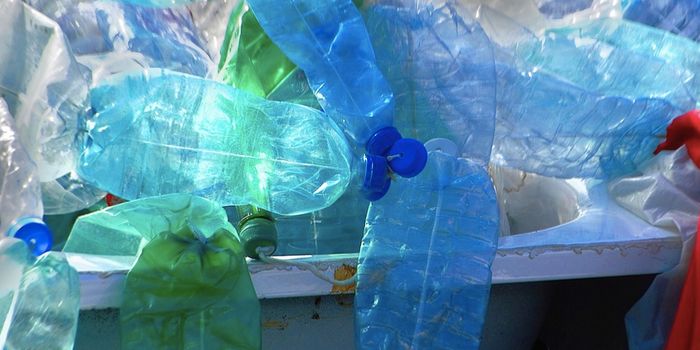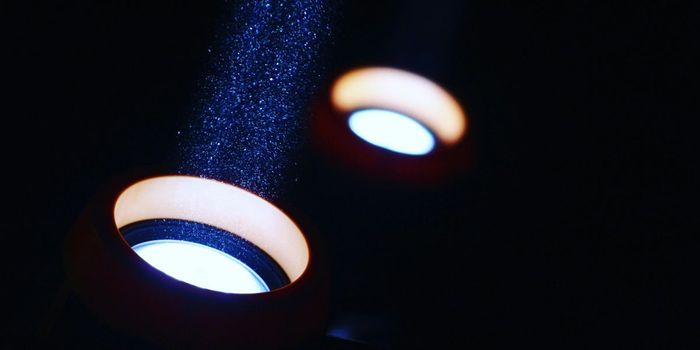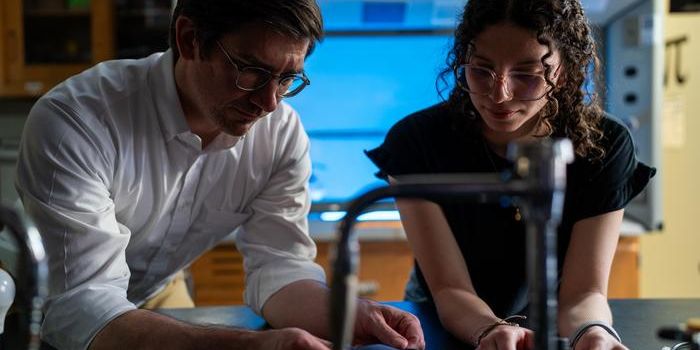#BlackinPhysics Week Celebrates Black Physicists
It’s #BlackinPhysics week, a week dedicated to highlighting Black physicists and their contributions to the field of physics.
The founders of Black In Physics Week back in October of 2020 began the event with the goal of celebrating Black physicists, and to reveal “a complete picture of what physicists look like.”
This year, Black In Physics is partnering with Physics Today to publish essays by Black physicists in various stages of their careers. This year’s theme is “Blaze Beyond Burnout,” so the essay topics will tackle burnout and how students, researchers, and professionals can deal with it (and hopefully learn to avoid it). Black In Physics is partnering with mental health experts to foster discussions around burnout and self-care in the face of anti-Black racism in academia.
In a field where Black and African American students are severely unrepresented, events like these are essential to give younger generations crucial mentorship, advice, and support. For example, the American Physical Society reports that from 2014-2018, only 3% of Black students received their bachelor’s degree in physics. This is compared to white students, who made up 80% of the bachelor’s degrees in physics from 2014-2028. In graduate programs, the data is similar; doctorates in physics were awarded to less than 3% of black students, whereas 80% of them went to white students. It can be incredibly intimidating for a Black student to enter the field without the support systems or mentorship that other students may already have in place.
The first essayist is Garret Williams, a Ph.D. student at the University of Illinois studying quantum computing. He has been able to fight burnout through the support of mentors, self-reflection, and outreach. “While fostering interest in physics among younger community members is important, organizations and events that simply celebrate and openly recognize Black physicists have been essential in helping me survive burnout,” Williams writes.
Another essayist, Katrina Miller, finds that setting clear boundaries between her life and academics makes a huge difference in avoiding burnout. She says that she still feels “immense pressure to be the role model” for future Black students, but she’s reframed that highlight the importance of taking care of oneself. Instead of continuing the narrative that burnout is a normal part of the academic process, she strives to “contribute to normalizing an environment that is healthier and more sustainable for its scholars.”
Stories like the ones told by Katrina and Garrett give important insight into the field of physics and provide meaningful advice for young Black physicists who may not have access to it. The rest of the week’s articles will be posted in Physics World and Physics Today.
Sources: Black In Physics, Physics World, Physics Today, American Physical Society








